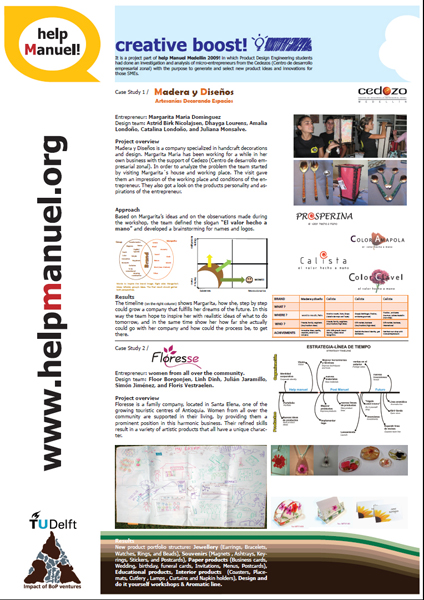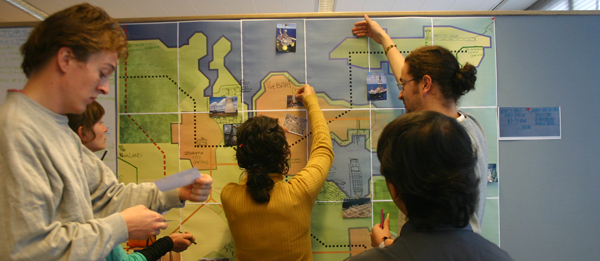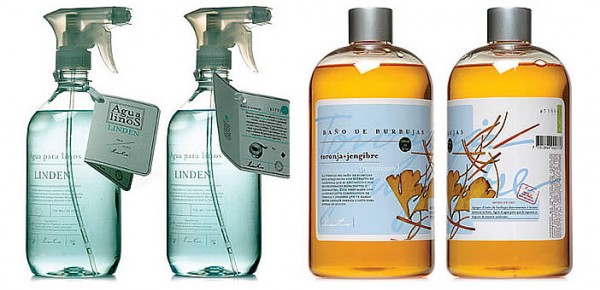Blog
La innovación social, un factor determinante para la sostenibilidad
Texto original: http://www.fundacioncorona.org.co/noticias/fundacion/noticia_38.asp
Future Scenario (part 1): Barist, an imaginary country.
Future Scenarios (also called scenario planning, scenario thinking or scenario analysis) is a strategic planning method that some organizations use to make flexible long-term plans. The term scenario was introduced into planning and decision-making by Herman Kahn in the 1950s.
A scenario can be defined as: “A rich and detailed portrait of a plausible future world, one sufficiently vivid that a planner can clearly see and comprehend the problems, challenges and opportunities that such an environment would present.”
Consultancy (part 1.1): Branding & packaging
Línea de empaques para Loto | Diseño p576

El desarrollo completo a lo largo del tiempo de una línea de productos premium para el cuidado del cuerpo.
Loto es un almacén de productos para el cuidado del cuerpo que mediante una selección rigurosa de ingredientes naturales y fragancias exclusivas, desarrolla líneas especializadas para el bienestar. Estas contienen diferentes productos como jabones, cremas, aceites, baños de burbujas, inciensos y otros. Loto es reconocido como uno de los mejores almacenes de cuidado del cuerpo en Bogotá (ubicación de su único local), gracias a la calidad de sus productos, el buen diseño de sus empaques y la innovación en sus líneas.
Consultancy (part 1): Ergo-ecology and other technicalities…
This project is an interesting example of cooperation between the University and industries in Latin America. The research project was conducted in the Industrial Design Department at the Pontificia Universidad Javeriana in Bogota Colombia. The concept of Ergoecology (G.García, P.Romero, & M.H.Saravia, 1997) was developed as a proposal to integrate evaluation and intervention processes generally used in ergonomics and environmental management systems. Ergoecology, as scientific and technological discipline, looks forward ”-from a systemic focus-, to take care of studying the human being and its relationships with the environment -through its activities (work)- to establish, analyze, reduce, prevent, control and rectify the impacts (positives and negatives) that derive from such a relationship”.



